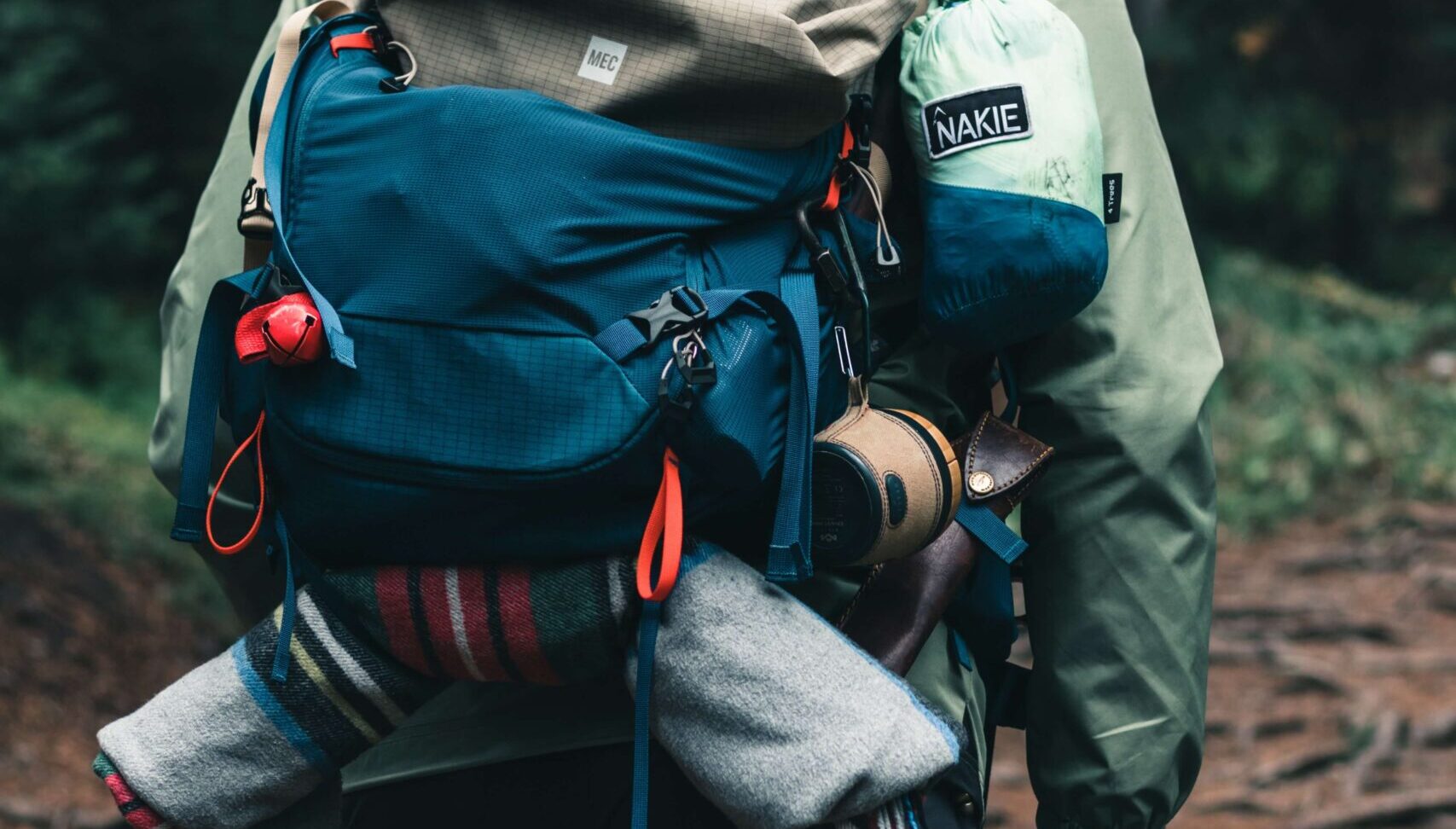Nobody wants to think about theft or the idea of losing your valuables, but it is a reality and one of the most common reasons why travellers call TravelAid for support while away.
WHAT IS THE BEST LUGGAGE FOR A GAP YEAR – RUCKSACK, WHEELY CASE OR DUFFLE BAG?

It’s a big dilemma when planning your gap year: what bag to take? It’s worth spending time making sure that you’ve got the best luggage for your gap year – and the best luggage for you won’t necessarily be the best luggage for everyone else that you know.
Some questions to help work out what the best option is for you:
If you are going to be staying and working in one place, a suitcase could be a good option.
Rucksacks are a great choice if you’re going to be travelling around a lot, and particularly if your itinerary includes places outside of major towns where it is difficult to push or pull a suitcase on wheels.
The final alternative you may be considering is a duffle bag. Not as heavy as a suitcase but with good access to the things inside, these are probably best suited to someone not travelling around too frequently.
Whichever bag you decide is right for you, we recommend that you try carrying it before you go. If it’s a rucksack, is it the right fit for you? The majority of the weight should be resting on your hips using the hip belt rather than on your shoulders – this allows your stronger leg muscles to do the lifting rather than relying on your shoulders and back which are more likely to suffer from injury.
If you’ve chosen a suitcase, it’s also a good idea to check that the handle is the right height for you. Many suitcases have adjustable handles to ensure that you have a good fit but if you’re particularly tall or shorter than average you might find that the suitcase you are considering is not the best one for you.
Packing cubes. We love packing cubes in whichever luggage type you’ve chosen, keeping clothes or kit intended for a specific destination or activity out of the way until you get there can save so much time and effort when searching for things and when repacking for the next stage of your journey. A spare cube or bag for dirty washing is also very useful.
We would also recommend that you have a couple of plastic bags in your luggage. If there’s anything that is particularly susceptible to water damage, wrap it in a plastic bag. If there’s anything that might leak (your washbag?), keep that in a plastic bag too.
TravelAid
SUBSCRIBE NOW
TRAVELSAFE
gap year safety training course
JUST £100
FIND OUT MORE
SAVE 10% OFF YOUR COURSE
if bought at the same time as a TravelAid subscription